detail profile carl heinz choynski
Peran Yang Di Mainkan Carl Heinz Choynski
 Its no surprise when Karo is...
Its no surprise when Karo is...Too Hard to Handle 2016
It's no surprise when Karo is fired. She is loud, over-emotional and egocentric, more so than the average Berliner wise-ass, says her best friend Anna. Karo is not one to give up easily, though: she opts for radical change and goes into therapy. Although her therapist advises her to keep calm, Karo throws herself into it.
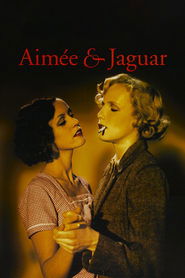 In 1943 while the Allies are bombing...
In 1943 while the Allies are bombing...Aimée & Jaguar 1999
In 1943, while the Allies are bombing Berlin and the Gestapo is purging the capital of Jews, a dangerous love affair blossoms between two women – one a Jewish member of the underground, the other an exemplar of Nazi motherhood.
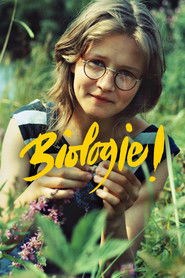 A small town shortly before the...
A small town shortly before the...Biology! 1990
A small town shortly before the end of the GDR: 15-year-old Ulla lives with her mother in a dilapidated old building where not even the electricity works properly. Economy of scarcity and national bankruptcy are visible everywhere. Only higher party comrades live in the lap of luxury. When Ulla meets Winfried after a summer bathing trip, the two fall in love. Winfried is the son of an influential general director and owns things from West Germany that others only dream of: a computer, a games console, a walkman. On an excursion with her biology class, the high school student discovers that a dacha is being built in the middle of the nature reserve and the creek has been dammed. Winfried's father turns out to be the culprit, but the mayor is on his side. Ulla rebels against this environmental destruction connected to political corruption and organizes a protest. Her activism not only endangers her own future, but also her first great love.
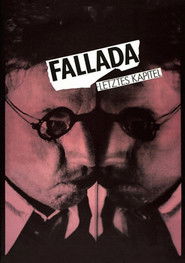 This biographical film is set in 1937...
This biographical film is set in 1937...Fallada: The Last Chapter 1988
This biographical film is set in 1937, with Fallada suffering the effects of living under a microscope. The film details his decline, as he is intermittently imprisoned and threatened in order to motivate him to write for the Fatherland. Even the attention of his kind, patient wife and loving children begin to feel oppressive to him. This is one of the few films to take a serious, in-depth look at the tribulations of a creative artist pulled in all different directions by the real world.
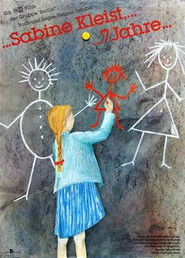 Little Sabine has spent her childhood...
Little Sabine has spent her childhood...Sabine Kleist, Aged Seven 1982
Little Sabine has spent her childhood in an orphanage after her parents died in a car accident. When one of the women in charge at the orphanage, Edith, leaves to have a baby, Sabine runs away, because Edith was the only adult there she could trust. She then wanders through the city to find someone to take her in. She meets a lot of people on her journey, but she seems out of place everywhere she goes until, at last, she realizes that there is a special place where she belongs.
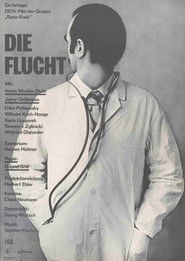 When Dr Schmiths proposal for international...
When Dr Schmiths proposal for international...The Flight 1977
When Dr. Schmith's proposal for international research on infant mortality is rejected, he decides to leave East Germany and strikes a deal with an escape agency that promises him a leading position at a children's hospital in West Germany. But then the decision is reversed: the project is approved and his international colleagues want Dr. Schmith to head the GDR section. Moreover, he falls in love with his new colleague, Katharina. Schmith initially tries to ignore the arrangements he made with the escape agency, but they blackmail him. Things soon turn deadly...
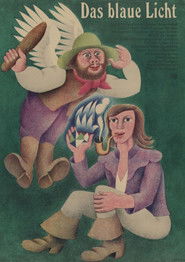 Hans the farmer is drawn into...
Hans the farmer is drawn into...The Blue Light 1976
Hans the farmer is drawn into war as a soldier. Returning from the front, having been defrauded of his pay by his own king, he makes his way home. On his trip, he encounters a witch who asks him to fetch the light from a spring. He keeps it when the witch tries to deceive him and he discovers her foul magic. When the light is ignited, a little man appears who must serve the owner of the light, but it only has power if the owner has faith in himself. His courage bolstered, Hans goes to the king once more to demand his wages be paid.
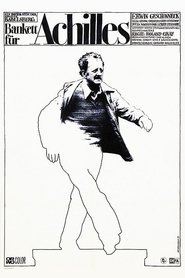 For thirty years Karl Achilles has...
For thirty years Karl Achilles has...Bankett für Achilles 1975
For thirty years, Karl Achilles has been working at the chemical collective in Bitterfeld. But now his last day as a master at the plant has come. He is about to retire; even if Karl, who finds ending his working life difficult, wanted to stay on, it would not be possible. Karl’s colleagues have arranged a farewell dinner for the retiring master at an outdoor restaurant. But on his last day of work, before the farewell dinner, he meets all sorts of people: both colleagues and people, who do not work at the plant. A mosaic of the biography of a person who found fulfilment in his work and now has to look for the meaning of his life anew.
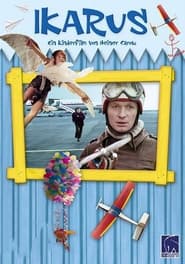 Eightyearold Matthias dreams that he will...
Eightyearold Matthias dreams that he will...Ikarus 1975
Eight-year-old Matthias dreams that he will someday become a pilot and his divorced parents will get back together. He waits yearningly for his ninth birthday because his father has told him the story of Icarus, and promised to take him on a sightseeing flight. When Matthias' father doesn't come home, he is devastated. He runs throughout the city, talks to his friend about the relationships of adults, looks for his father at his desk, and gets himself into conflict with the police. As he sits alone on the roof of a house, he comes to the conclusion that Icarus didn't plummet to the earth because he didn't listen to his father, but rather because his father had forgotten him.
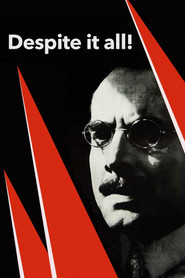 October 1918 Karl Liebknecht is released from...
October 1918 Karl Liebknecht is released from...Despite It All! 1972
October 1918: Karl Liebknecht is released from prison and Berlin workers celebrate his release. Although WWI is almost over, the German Kaiserreich in vain sends its last reserves to the slaughter. The working class is in a rebellious mood; the uprising of Kiel’s sailors against war and militarism sets off a call for revolution led by Liebknecht. On November 9, Liebknecht declares the Free Socialist Republic of Germany. But pro-Kaiser military and right wing Social Democrats oppose him.
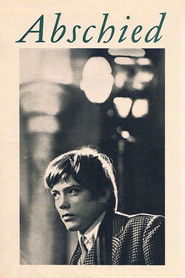 In August of 1914 amidst the public...
In August of 1914 amidst the public...Farewell 1968
In August of 1914, amidst the public ecstasy surrounding the impending war, Hans Gastl, the young son of a Munich bürger, makes a decision: he will not take part in this war. This resolution signifies a turning point in his life; a farewell to his class and his family.
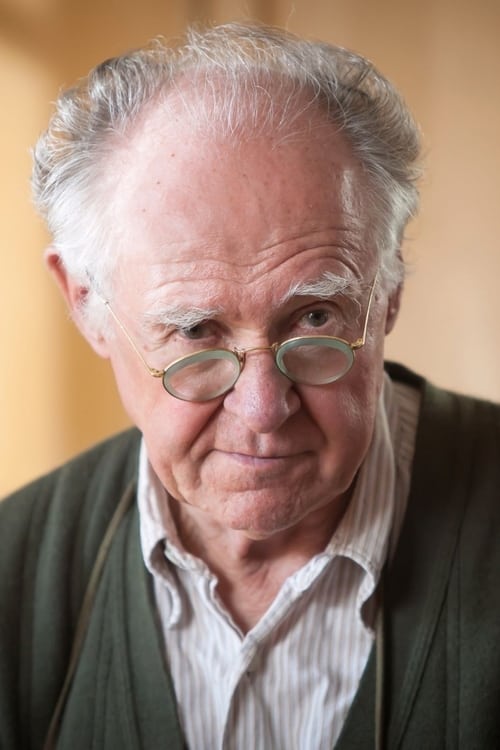
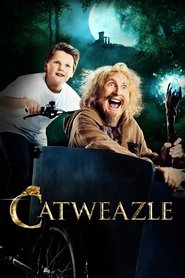 Otto Waalkes plays a magician who...
Otto Waalkes plays a magician who...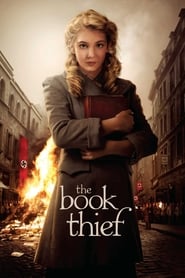 While subjected to the horrors of...
While subjected to the horrors of...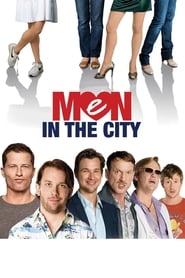 Follows six very different men and...
Follows six very different men and... A mysterious serial killer is shocking...
A mysterious serial killer is shocking...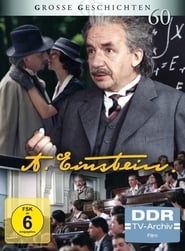 Two part movie about Einsteins escape...
Two part movie about Einsteins escape...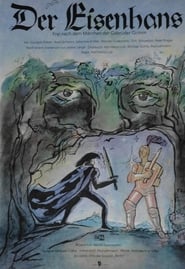 In a kings kingdom there is...
In a kings kingdom there is...
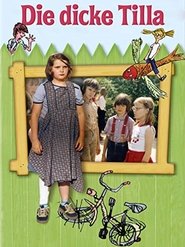 Two girls experience dislike at first...
Two girls experience dislike at first...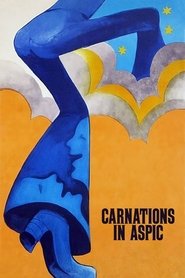 A commercial artist with a lisp...
A commercial artist with a lisp...